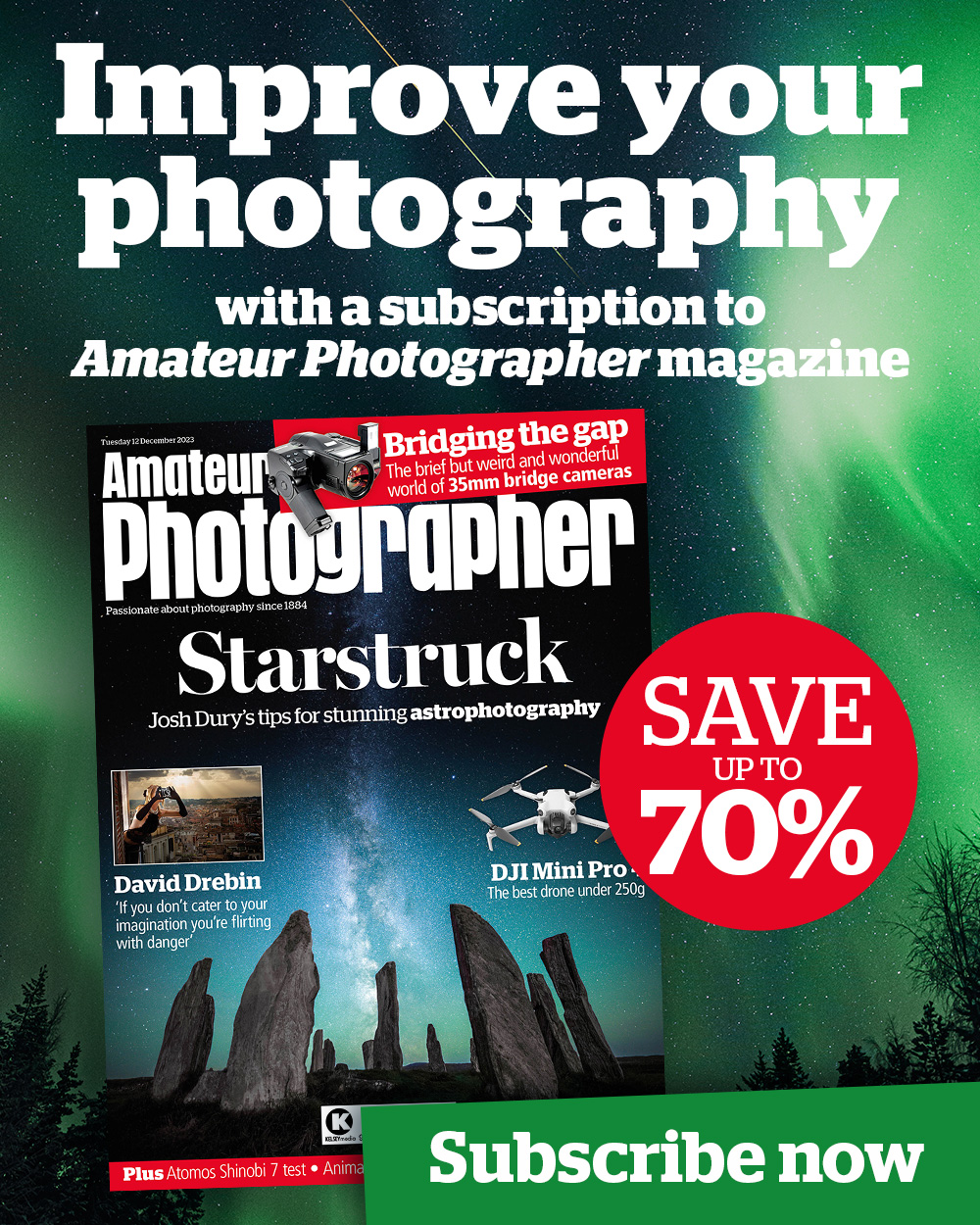Earlier this month, a High Court judge banned the Sun, Britain’s most popular newspaper, from publishing potentially embarrassing photographs of Kate Winslet’s husband, Edward RocknRoll.
This was despite them having already been made available to Facebook users worldwide.
The High Court granted an interim injunction that prevents the Sun from publishing the images of RocknRoll, who married the actress in December 2012.
The photos were taken during a fancy dress party at a private estate in West Sussex in July 2010, to mark the birthday of the subject’s then sister-in-law.
They were captured by James Pope, a fellow party guest, who uploaded them to his Facebook account.
Pope explained that, although the pictures could, initially, only be seen his 1,500 Facebook friends, they later became accessible to other Facebook users after a change to his privacy settings.
Privacy rights
However, Judge Mr Justice Briggs found that RocknRoll had a reasonable expectation of privacy under Article 8 of the European Convention on Human Rights.
‘First and foremost, the photographs show the claimant in the company of his family and friends at a private party on private premises,’ declared the judge.
‘Not least because of his partial nakedness they show him behaving in a manner in which he would be entirely unlikely to behave in public.’
Commenting on the case, a spokesman for media law firm Swan Turton said: ‘Individuals should take care when publishing photographs on social networking sites and when allowing others to publish photographs of oneself.’
He added: ‘Social networking sites may update privacy settings and it is important to check that you do not unwittingly make publicly available photographs you originally intended to keep private.’
The court heard that the Sun, which came across the images earlier this month, informed RocknRoll that it planned to publish them alongside a description of their content. The paper pledged to pixellate the lower half of the subject’s body.
However, RocknRoll sought to prevent publication after Pope signed over the copyright to him.
Images in ‘public domain’
The Sun‘s publisher, News Group Newspapers Ltd, claimed that the images had effectively come into the public domain when they were posted on Facebook, and were accessible to the wider public after a change to the account’s privacy settings.
The Sun also argued that the images were captured with the claimant’s consent, rather than covertly, and that RocknRoll had become a ‘public figure in the social sphere’, by marrying Winslet.
The paper similarly claimed that he had waived any privacy rights in relation to his former wife after their marriage in 2009, before the photos were taken.
The judge told the court that, though RocknRoll had consented to the photos, it was unlikely he had intended to agree to their publication in a national newspaper.
He added that RocknRoll had ‘done nothing to seek publicity about his relationship with Miss Winslet’.
Furthermore, the photos have now been removed from Facebook and no internet search would have revealed their existence using the complainant’s name, according to the judge – who said there was no evidence to suggest there had been ‘widespread public inspection’ of the images before they were withdrawn.
Neither was the judge persuaded that publication would be seen to be in the public interest, should the case ever go to trial.
The judge said his decision was swayed by the ‘risk of harm and distress to Miss Winslet’s children’ by their publication.
Details of the case – which was heard at the High Court in London – have been published HERE.







